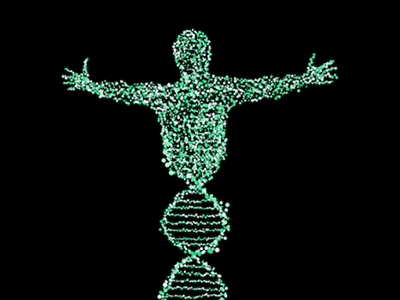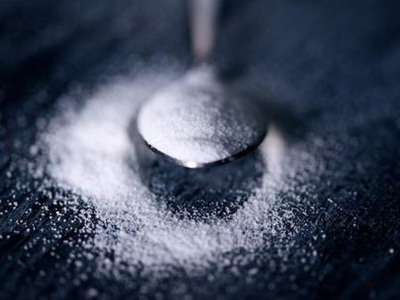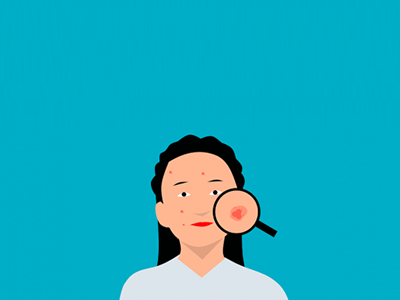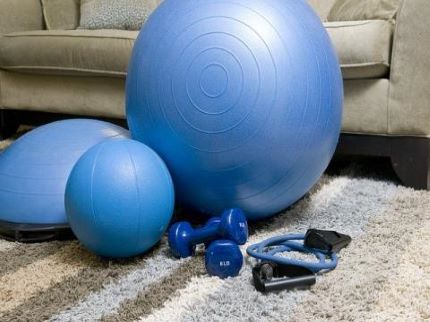Effectively consuming calcium is important to prevent and treat osteoporosis. However, consuming enough calcium is only one step. Furthermore, sodium has proven to be an detrimental to calcium absorption, causing it to be excreted through the urine. It is important to evaluate these three things in your diet when preventing osteoporosis or as part of your treatment for osteoporosis.
Without adequate vitamin D, our body cannot properly uptake calcium.
While calcium supplements may be necessary in certain cases, consuming adequate or as close to adequate calcium is preferred. This doesn’t necessarily mean go to the fridge to guzzle down some milk. In addition to dairy products, there are several other calcium-rich foods you can try. While canned sardines with bones may not be everyone’s cup of tea, canned salmon with bones, collard greens, white beans, almonds, and bok choy can also increase your calcium intake. Fortified products can also serve as an additional source of calcium to the diet including through fortified orange juice, graham crackers, bread, and cereals. It is important to note that calcium does not operate under a “more is better” philosophy. Calcium consumption should not exceed 2500 mg per day and surpassing this amount can be toxic.
Our primary source of Vitamin D is from the sun. Those who live in “the land of snow” are at more risk for osteoporosis due to minimized sun exposure in the winter. In addition, as skin ages it becomes less effective at synthesizing vitamin D from the sun. Now for some good news: our diet also plays a role in our vitamin D status! Vitamin D occurs naturally less often than calcium but is also fortified in many products. Some natural choices include egg yolks and fatty fishes such as salmon, mackerel, catfish, and tuna, yogurt, and soy milk. Like calcium, Vitamin D also has a maximum intake of 50 mcg per day.
Unlike Vitamin D, sodium has a negative effect on calcium reabsorption. Sodium can cause calcium to be lost in urine instead of being absorbed. Foods high in sodium to avoid are salted snack foods, pickles, canned soups or meats, processed meats, and brined foods. An easy rule of thumb when grocery shopping is choosing items with less than 300 mg of sodium. This information can be found on the Nutrition Facts labels.
Managing your calcium intake, vitamin D status, and sodium intake plays a crucial role in your bone health. While your doctor may recommend supplementation or additional treatments in addition to these efforts, diet plays an important role in protecting your bones.
References
- Krause’s Food & The Nutrition Care Process
- Nutrition Care Manual






















